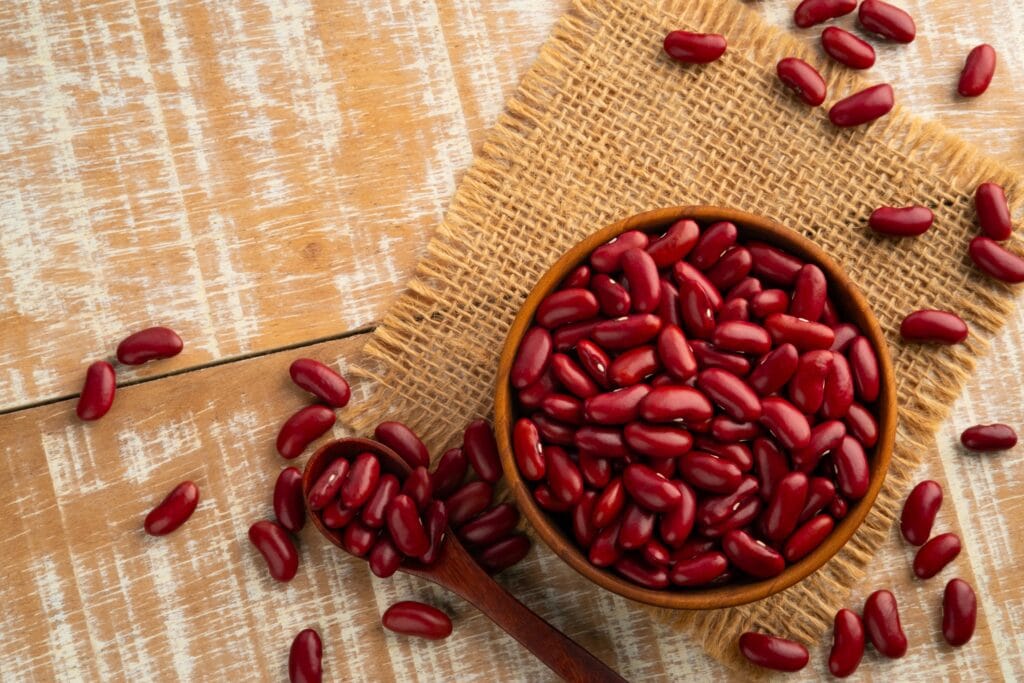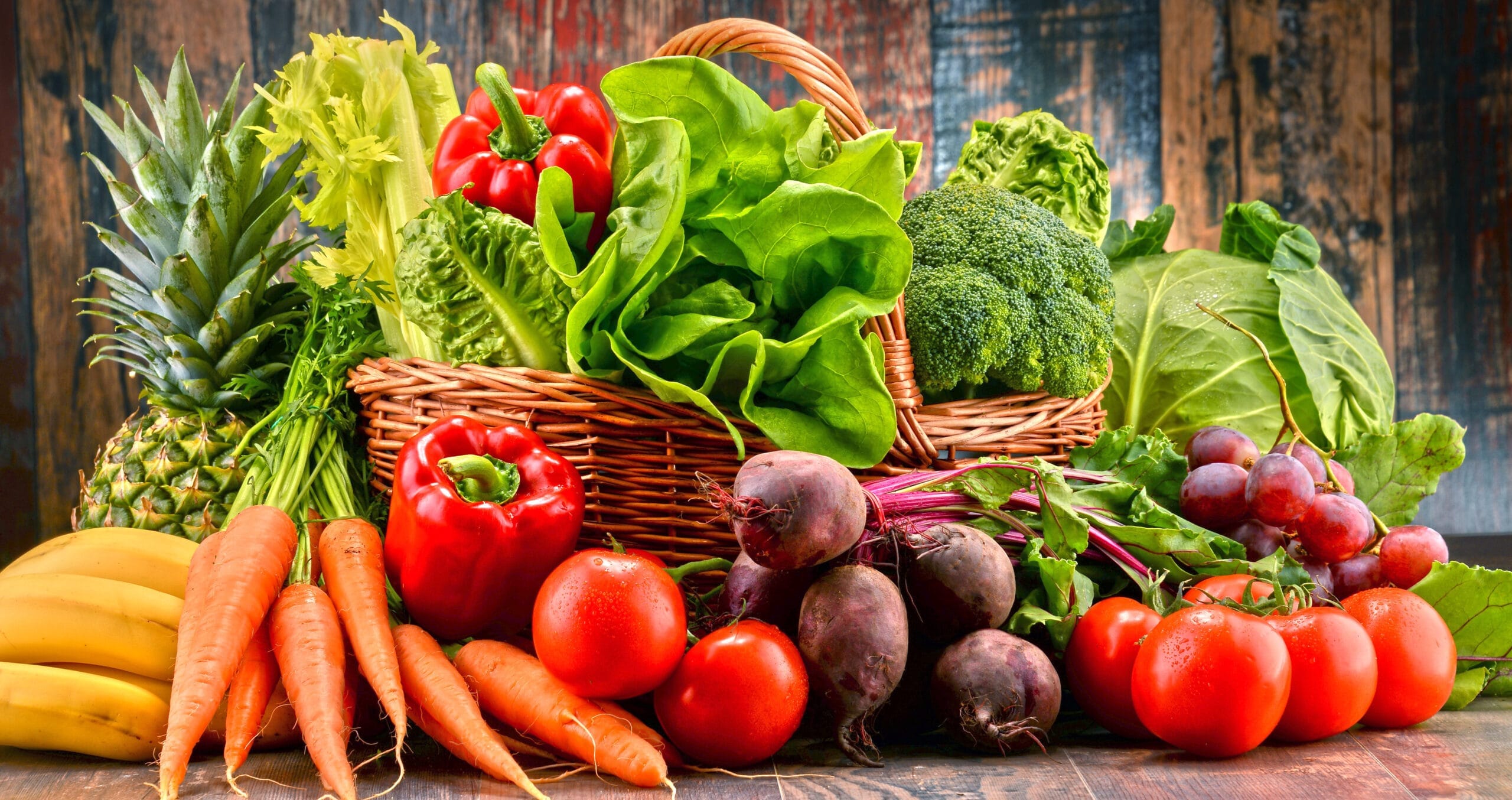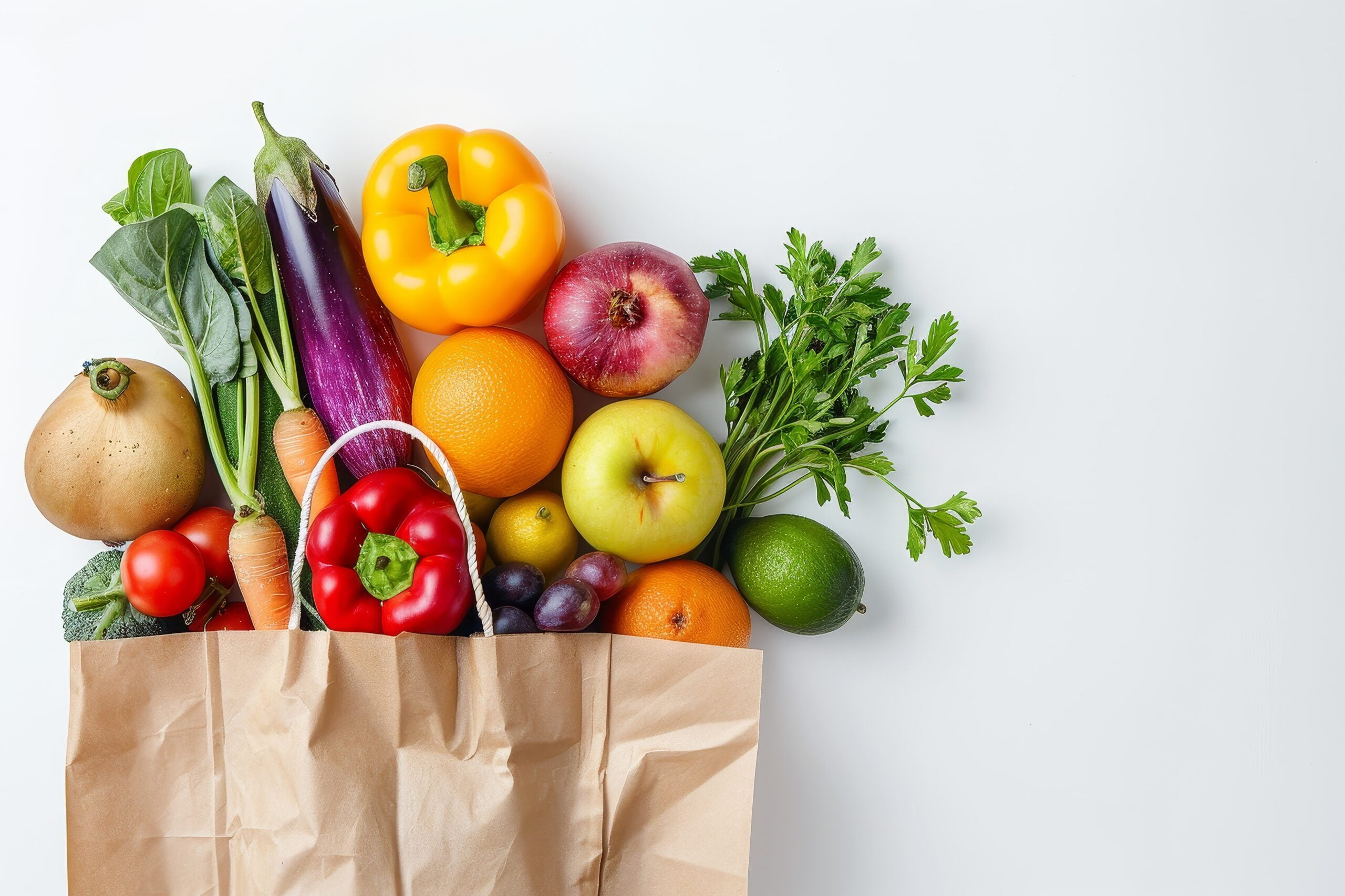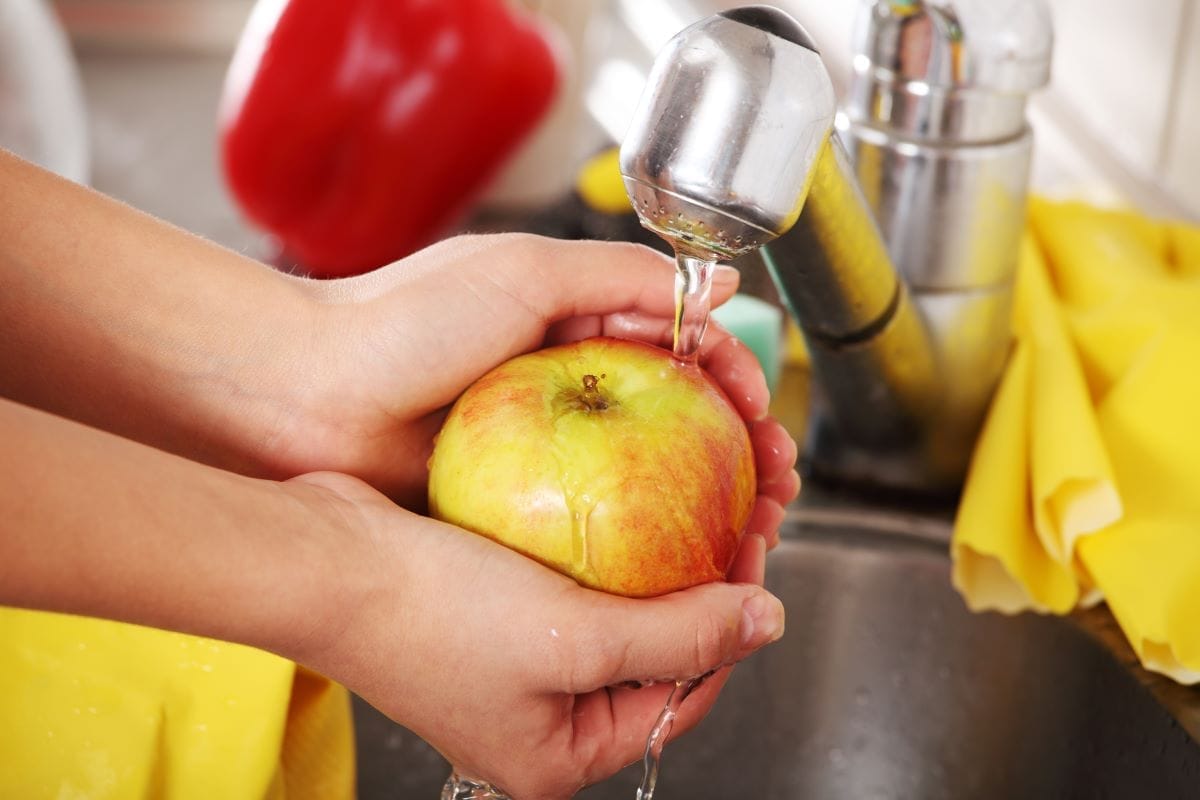Many myths about fruits and vegetables persist despite scientific advancements. A team of researchers from the Technical University of Denmark (DTU) has examined 11 of the most common beliefs, and the results may surprise you.
1. Fruits and vegetables can be ‘superfoods’

False.
Blueberries and avocados are often labeled as “superfoods,” but according to senior advisor Bodil Hamborg Jensen, there is no scientific basis for this term.
All fruits and vegetables contain beneficial nutrients. Some of the most hyped options, such as blueberries, can often be replaced with local alternatives like red cabbage, which offers similar health benefits.
2. Asparagus makes your urine smell

True.
Asparagus contains asparagusic acid, which causes a distinct odor in urine. However, only about half of people can actually detect the smell due to genetic differences.
3. An apple a day keeps the doctor away

True.
Eating fruits and vegetables contributes to better health and can help prevent disease. Senior researcher Sisse Fagt emphasizes that consuming 600 grams per day has been shown to reduce the risk of various lifestyle-related illnesses.
4. Canned legumes are unhealthy

False.
Canned beans and chickpeas can be just as nutritious as their home-cooked counterparts. While canned options offer convenience, some recipes may require legumes that have not been pre-cooked, making dried beans a better alternative in those cases.
5. Green vegetables are healthier than red or yellow ones

True and false.
Green vegetables are rich in essential minerals like iron and calcium, while red and yellow varieties provide other antioxidants. Experts recommend eating a variety of colors to ensure a broad intake of nutrients.
6. Vegetables make you gassy

The fiber found in many vegetables is broken down by gut bacteria, producing gas. Professor Tine Rask Licht from DTU’s National Food Institute explains that while this can lead to bloating, it is actually beneficial for gut health.
“It’s not unhealthy to pass gas – in fact, it can be a sign of a well-balanced diet,” she told DR.
7. Fresh vegetables are healthier than canned or frozen ones

True and false.
Canned tomatoes and frozen peas often retain more vitamins than fresh vegetables that have been stored for long periods. According to Sisse Fagt, the nutritional value depends on the specific vegetable and how it is preserved.
8. Fruit peels contain a lot of nutrients

True.
Fruit peels are rich in vitamin C and fiber. Jette Jakobsen, a senior researcher at DTU’s National Food Institute, notes that apple peels, for example, contain more vitamin C than the flesh of the fruit.
Whenever possible, it is beneficial to eat fruits with their skins intact.
9.Vegetables are better than fruit

False.
Sisse Fagt advises maintaining a balance of approximately 50/50 between fruits and vegetables to ensure a diverse intake of essential nutrients.
10. Fruits and vegetables lose vitamins when blended or juiced

True and false.
Blending and juicing can reduce vitamin content, but according to Sisse Fagt, consuming fruits and vegetables in any form is better than not eating them at all. However, juice should not replace whole fruits and vegetables, as it only counts as one serving per day, regardless of how much you drink.
11. Always wash fruits and vegetables

True.
All fruits and vegetables should be washed to remove pesticide residues and bacteria. Bodil Hamborg Jensen, a senior advisor at DTU, points out that this applies even to organic produce, as soil and bacteria can cling to the surface.
The article is based on information from DR.
